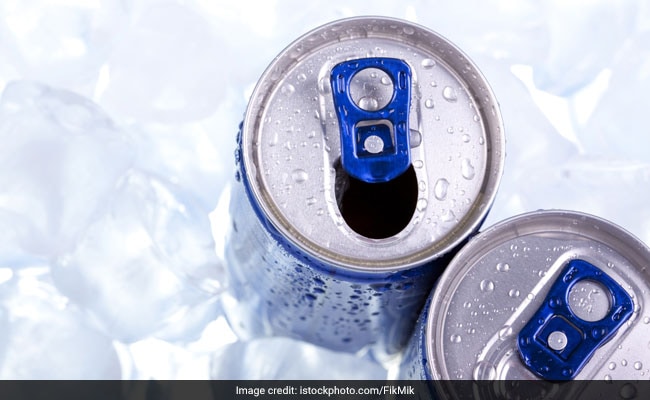
- Most children in teens should avoid drinking sports and energy drinks
- Caffeinated drinks are claimed to reduce fatigue & improve concentration
- Sugary drinks are the main source of excess sugar and obesity
The Canadian Paediatric Society revealed, sports drinks are a mixture of sugar and electrolytes. The beverages are often marketed as fluid replacements appropriate for sports or vigorous physical activity. "The vast majority of children should really just hydrate with water. It's the best thing for them," said Dr. Catherine Pound, a paediatrician and researcher at the Children's Hospital of Eastern Ontario and a co-author of the statement. Dr. Pound also said, "Consuming a lot of energy drinks with caffeine in a short period of time can cause serious side-effects, especially to those with underlying health conditions, such as children with attention deficit hyperactivity disorder."
Potential adverse effects of caffeine include anxiety, interference with sleep and other sleep disorders, diarrhoea, irritability, vomiting, heart rhythm abnormalities and in rare and serious cases, it may turn fatal too. When researchers at the University of Ottawa looked at the top 10 digital sites for children and youth, they found 90 per cent of advertisements were for unhealthy drinks or foods laden with salt, sugar and fat.
Lesley James, senior manager of health policy for Heart & Stroke, which commissioned the report, said that sugar consumption is a major contributor to heart disease and stroke, and sugary drinks are the main source of excess sugar and calories in the North American diet.
Track Latest News Live on NDTV.com and get news updates from India and around the world

